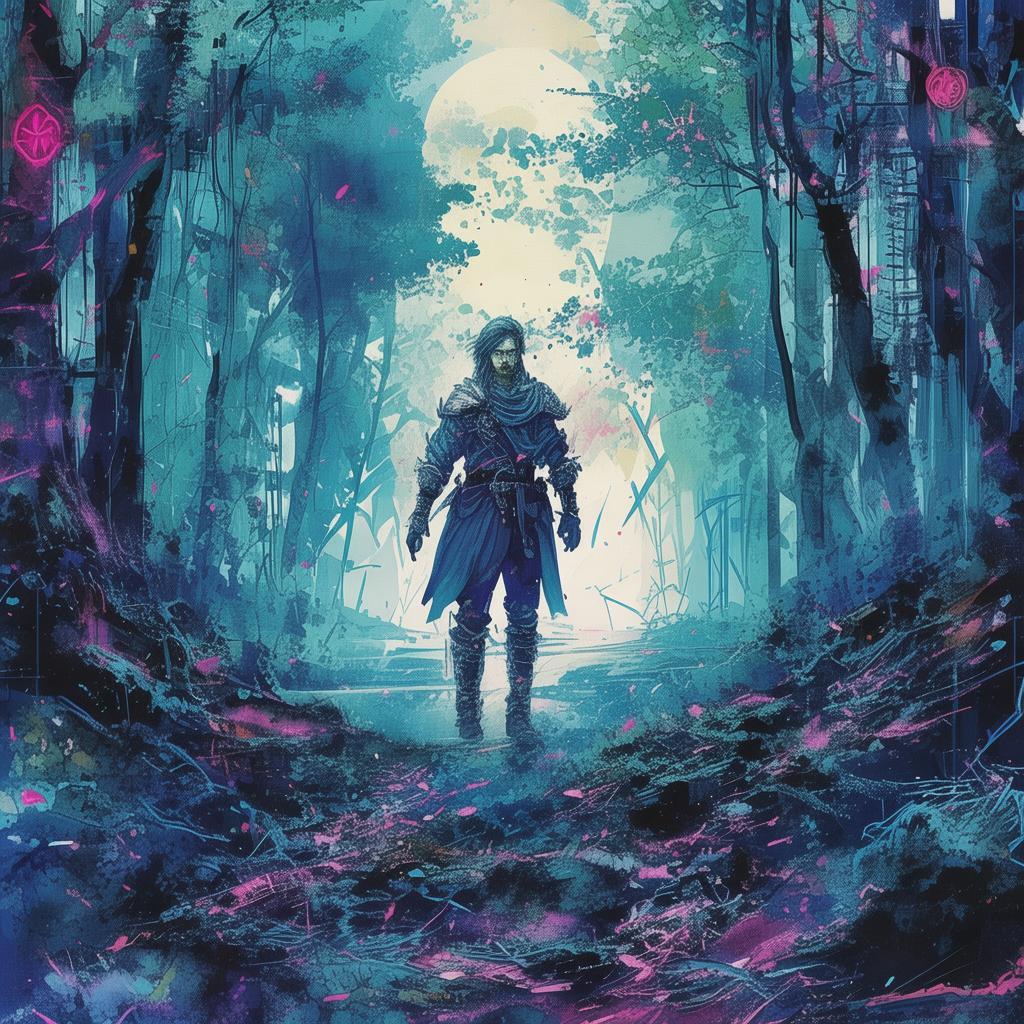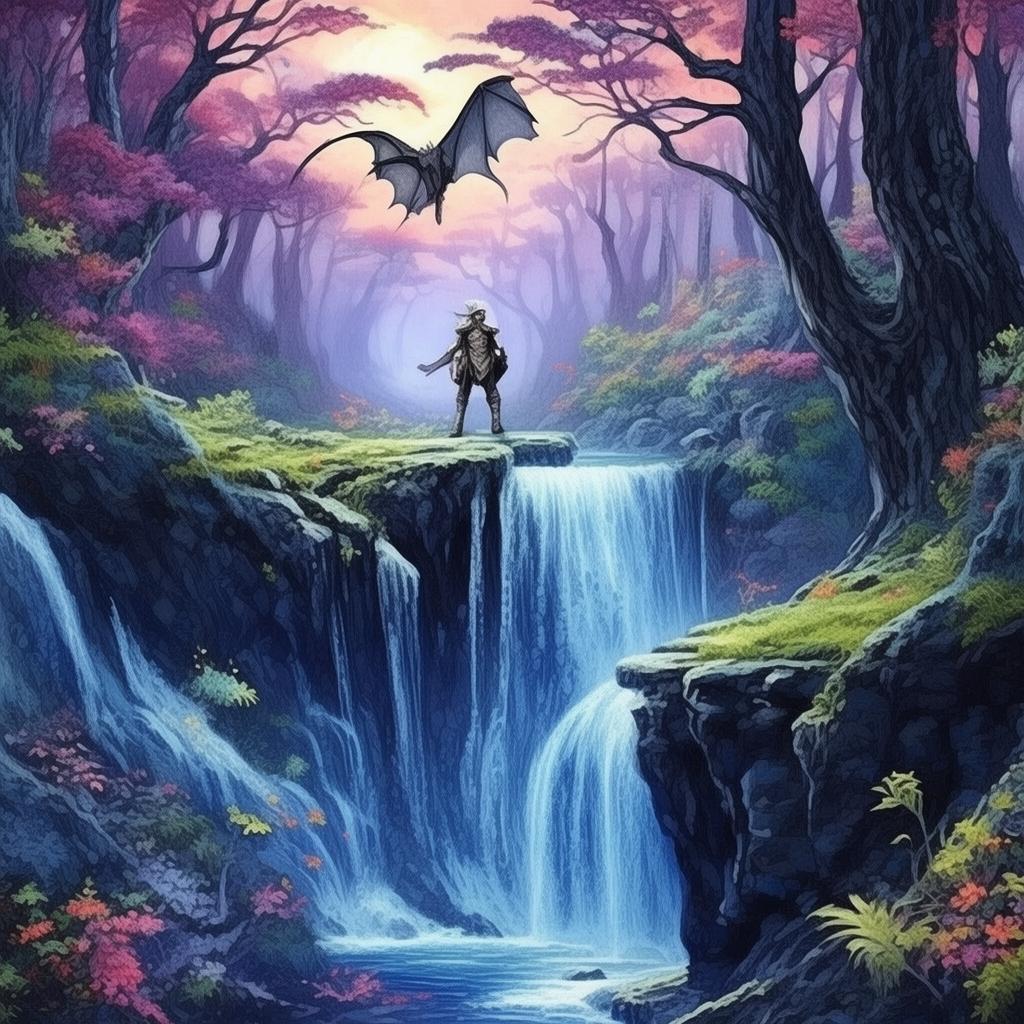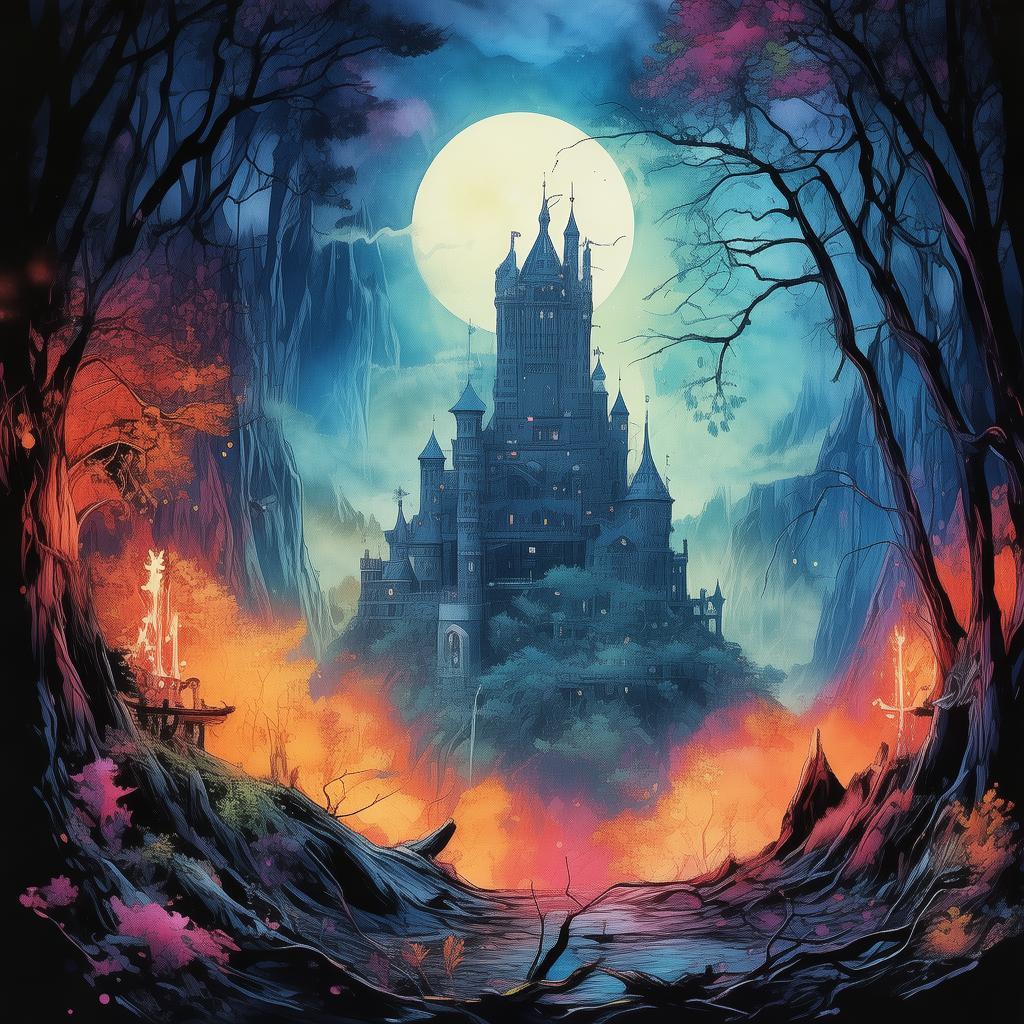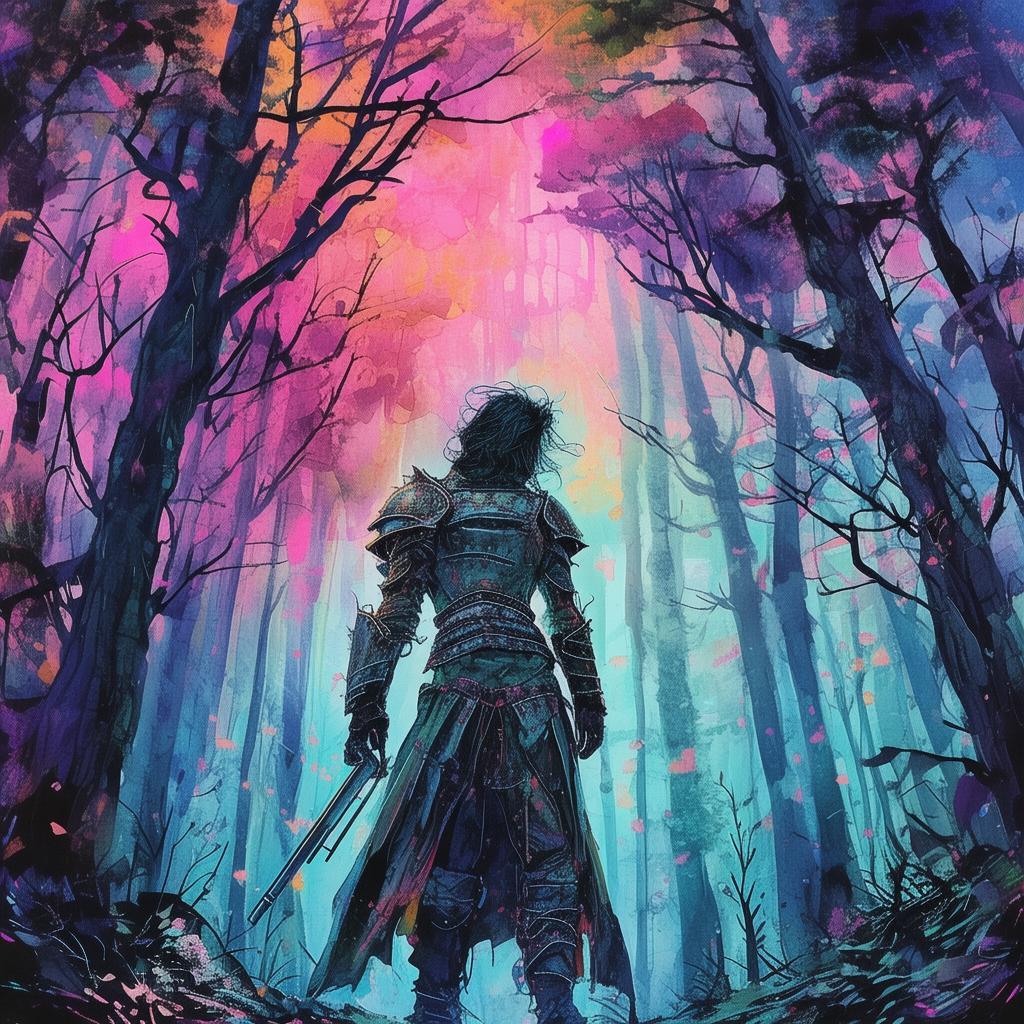The Emperor's Riddle: Tianzi's Cryptic Game
In the heart of the ancient Chinese Empire, where the sun rose over the majestic mountains and set over the endless sea, there lay a city of legend, the capital of the great Tian Dynasty. The city was a tapestry of palaces, gardens, and markets, a place where the rich and the poor, the wise and the foolish, all lived in harmony under the benevolent rule of Emperor Tian.
The Emperor, a man of great wisdom and discernment, was known throughout the land for his unparalleled intellect. But one day, he issued a decree that would shake the very foundations of his kingdom. He declared that a riddle would be set forth, and any who could solve it would inherit his throne, becoming the next Emperor of Tian.
The riddle was simple in its words but impossible in its nature: "I am not alive, yet I grow; I do not have lungs, but I need air; I do not have a mouth, yet water kills me. What am I?"
The entire empire buzzed with speculation. The scholars, the common folk, even the children, all pondered the meaning behind the riddle. It was said that the solution to the riddle was hidden within the very fabric of the empire itself, a secret known only to the wisest of the wise.
Among the many who took up the challenge was a young scholar named Ming. He was known for his sharp mind and unyielding spirit, qualities that had already won him the respect of his peers. Ming had one goal in mind: to solve the riddle and claim the throne for himself. But as he delved deeper into the cryptic puzzle, he realized that the game was not about intellect alone.
The Emperor's guards, a fearsome and disciplined force, were assigned to protect the riddle's clues. Ming soon found himself in a game of cat and mouse, pursued by the guards who were as determined to keep the secret as he was to uncover it.
In the midst of his pursuit, Ming encountered a mysterious woman, the Lady of the Whispering Winds, who claimed to have the key to the riddle. Her presence was as enigmatic as her words, and Ming could not help but be drawn to her. She spoke of ancient prophecies and hidden truths, of a kingdom that was not as it seemed and of a power that could change the fate of the empire.
As Ming followed the Lady of the Whispering Winds through the treacherous paths of the empire, he uncovered a web of deceit and betrayal. The Emperor's closest advisors, once his most trusted allies, turned against him, revealing their true intentions and their own secret desires for the throne.
The game grew more dangerous with each step. Ming was faced with moral dilemmas that tested his very soul. He had to decide whether to follow the path of power or to uphold the values that had always guided him. The line between friend and foe blurred, and Ming found himself questioning everything he knew about the empire and the people he loved.
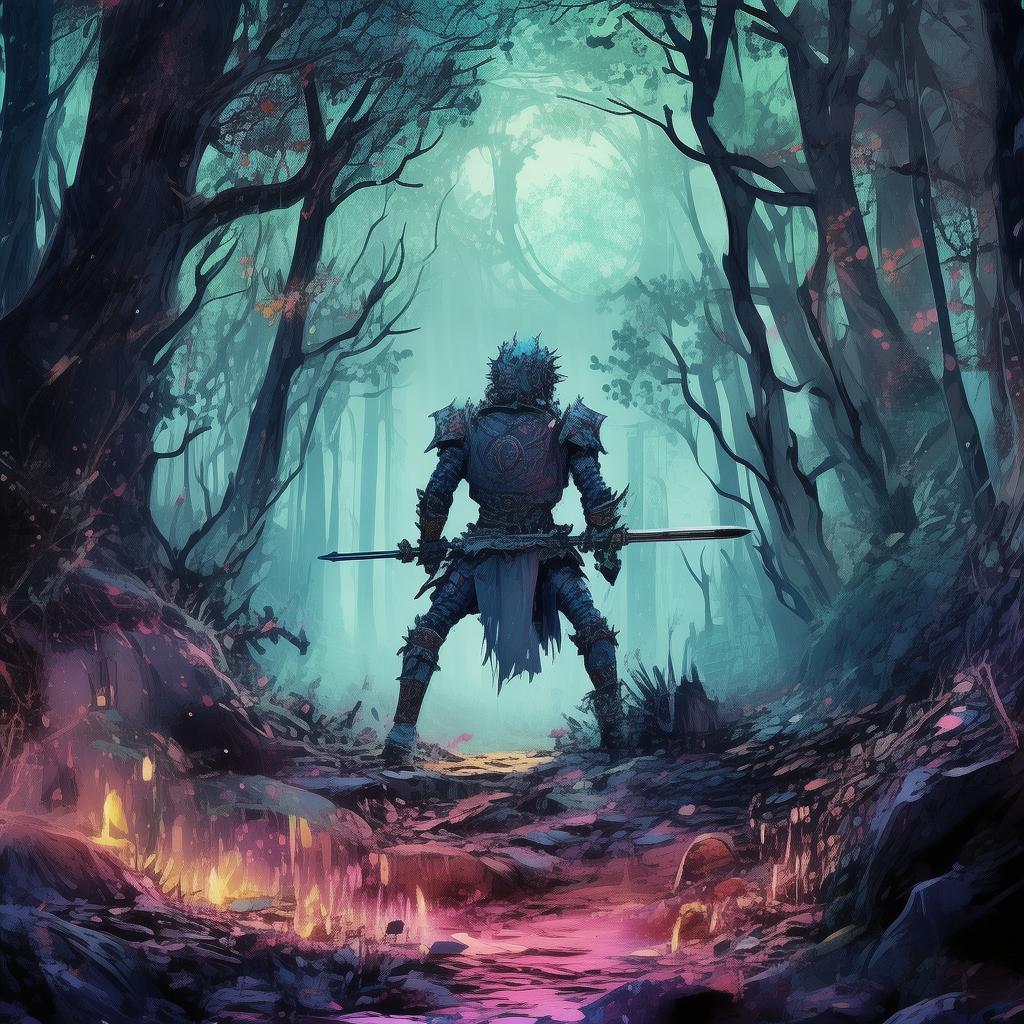
In the climax of the game, Ming stood before the Emperor, the final clue in his hands. He had solved the riddle, but the true nature of the answer shocked him to his core. It was not a simple object or concept, but a truth about the very essence of the empire itself.
The Emperor, who had been observing Ming's journey from the shadows, revealed that the true answer to the riddle was the people of Tian. It was their unity, their resilience, and their spirit that made the empire great. Ming realized that the power he sought was not in the throne or the riddle, but in the hearts of the people.
With newfound clarity, Ming turned down the throne, choosing instead to serve the empire and its people. He used his knowledge to reform the empire, to bring justice to the oppressed, and to strengthen the bonds of the kingdom.
The Lady of the Whispering Winds, who had been his guide through the game, revealed herself to be the Emperor's daughter, a woman who had been living in the shadows to protect her father's secret. She had chosen Ming as her successor, not because he could solve the riddle, but because he had the heart to lead.
In the end, the Emperor's Riddle was not a test of intellect, but a test of character. Ming had proven that true power lay not in titles or wealth, but in the ability to serve and protect those you love. And so, with the empire at peace and the people thriving, the legend of Ming, the young scholar who had once sought the throne, lived on as a testament to the enduring power of the human spirit.
✨ Original Statement ✨
All articles published on this website (including but not limited to text, images, videos, and other content) are original or authorized for reposting and are protected by relevant laws. Without the explicit written permission of this website, no individual or organization may copy, modify, repost, or use the content for commercial purposes.
If you need to quote or cooperate, please contact this site for authorization. We reserve the right to pursue legal responsibility for any unauthorized use.
Hereby declared.
